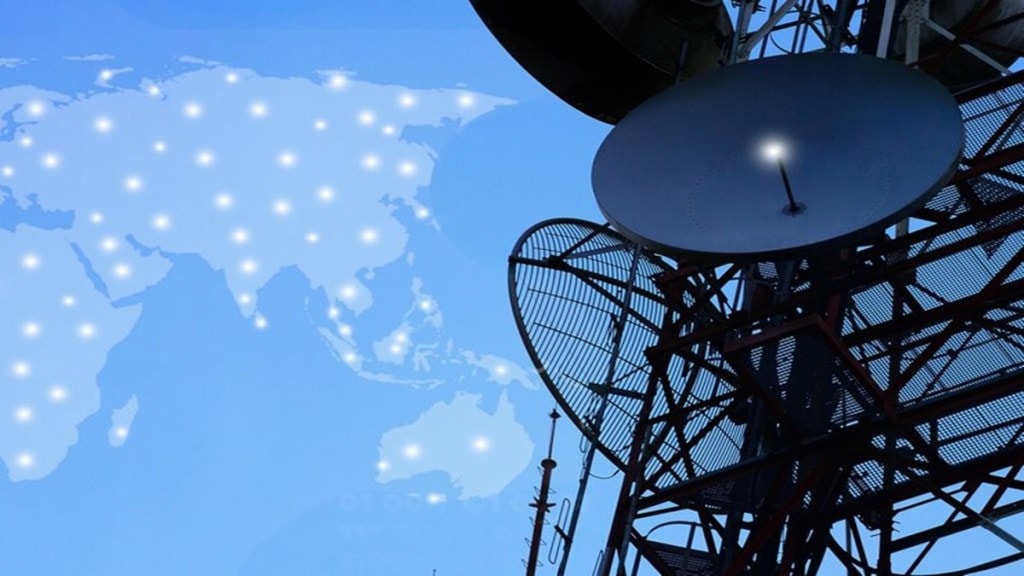India’s current telecom duopoly – dominated by Reliance Jio and Bharti Airtel – is not a product of policy, but rather market realities driven by capital intensity, said Chandra Sekhar Pemmasani, Minister of State for Communications.
While speaking to CNBC TV18 on the sidelines of India Mobile Congress (IMC) 2025 roadshow in Bengaluru, Pemmasani said, “The duopoly has not been created intentionally by anybody. Telecom requires massive capex.” He added that Reliance Jio and Bharti Airtel were able to deploy capital effectively, enabling them to expand deeply across the country. He also credited them for helping the country achieve the fastest 5G rollout in the world.
Govt reaffirms support for Vodafone Idea, BSNL
Pemmasani underscored the government’s intention to maintain healthy competition in the sector and reaffirmed its support for players like Vodafone Idea and BSNL. He said that the county needs four to five telcos.
Highlighting efforts to support struggling operator Vodafone Idea, the minister pointed to the government’s conversion of nearly Rs 36,000 crore into equity. However, he acknowledged the company’s continued challenges. “They still have problems and keep seeking government support. We continue to accelerate, but our goal is not to have only two players,” he said.
Pemmasani further reiterated the government’s commitment to reviving Bharat Sanchar Nigam Ltd (BSNL). He said that the company’s turnaround is progressing slowly due to a parallel focus on building indigenous technology. “BSNL’s revival is taking longer because we are also focused on building homegrown solutions. But eventually, BSNL will become a strong alternative,” he stated.
India eyes 6G leadership with early contributions
Going forward, Pemmasani also shared India’s ambition to be among the first nations to roll out 6G services. Meanwhile, China and the US are aiming to launch the next generation of telecom services by 2030. “With 2G, 3G, 4G, and even 5G, India was not part of the global standard-setting process. But with 6G, we’ve already contributed to about 10 per cent of the global standards and have filed over 200 patents,” he told CNBC TV18.
Digital infrastructure sees big gains
The minister also cited India’s significant progress in digital infrastructure. According to him, the country now boasts 1.2 billion mobile subscribers, 1 billion broadband users, and over 2.2 lakh connected villages through the BharatNet programme.
“We are now investing $18 billion more to connect 40,000 additional gram panchayats and 1.5 crore rural households with high-speed internet,” he said while maintaining that India is now moved from importing 75 per cent of its mobile devices, to now exporting Rs 1.8 trillion worth of devices annually.
